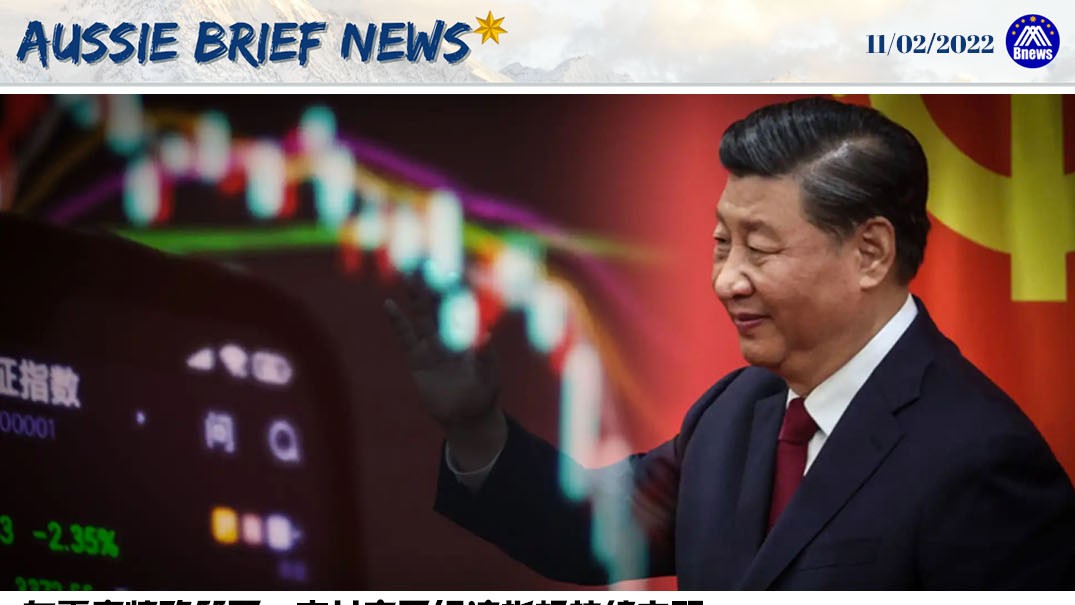You may also like
-
TikTok uses “Project Texas” to fool Americans twice
-
Select Committee urged to terminate the US-China Tech agreement. The CCP military units are surrounding the U.S.
-
America Borrowed over 800 Billion from CCP and Sent Billions Back to China
-
A BlackRock Recruiter Admitted Senators are Cheap. NFSC revealed the Main Purpose of AIIB and BRICS. II
-
A BlackRock Recruiter Admitted Senators are Cheap. NFSC revealed the Main Purpose of AIIB and BRICS. I



